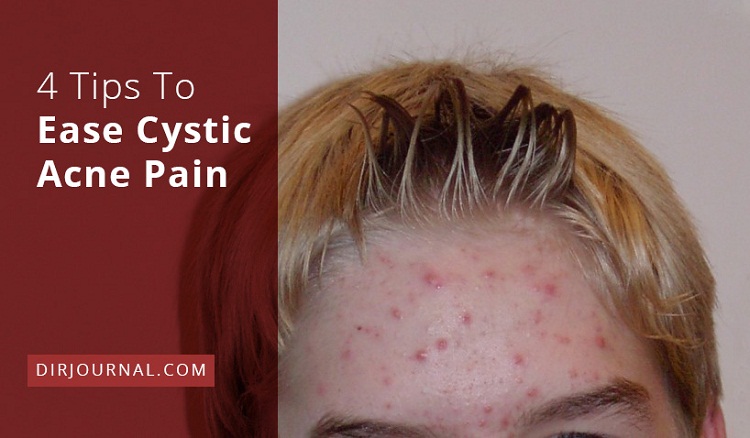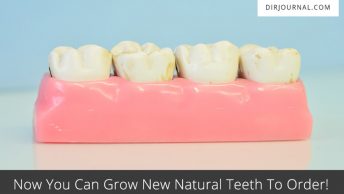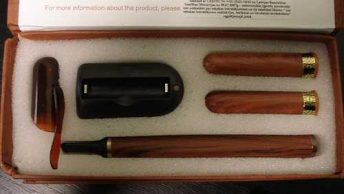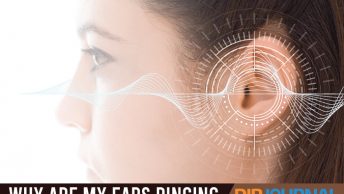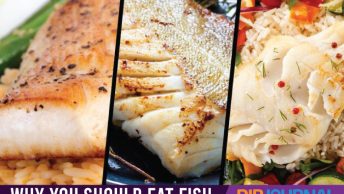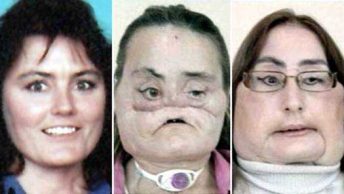Don’t let anyone tell you cystic acne isn’t painful because it is—both physically and emotionally. But although nothing is easy about cystic acne, there are ways to ease its pain.
Unfortunately, according to many reviews and studies, popular OTC treatments like Proactiv don’t do the trick. This is because this acne is distinct from the blackheads and whiteheads that OTCs treat.
According to Mayo Clinic, cystic acne is the “most severe form of acne. It occurs when oil and dead skin cells build up deep within hair follicles.”
The resulting rupture within your skin may form boil-like infections. The infections manifest as larger, red nodules that are mostly underground but protrude out to the skin’s surface. Appearing singly or in clusters, they can be painful to even the slightest touch.
#1 Don’t Poke, Pinch, or Prod
If you’ve heard this before, there’s good reason for it. Avoiding the squeeze is the number one rule for all forms of acne.
And it’s ultra-important that you follow this rule with cystic acne! Why? The consequences of poking a cystic lesion are usually much more problematic than doing so to a typical whitehead or blackhead. The infected cystic lesion is deep in the skin. Squeezing won’t relieve the pain and pressure by pushing the pus-filled infection out. Instead, it will produce a larger, bloody wound. The result will not only be greater pain, worsen scarring but also potentially a more severe infection.
#2 Ice Feels Nice & You Can’t Beat Heat
As with many injuries and conditions, simple home treatments like ice and/or heat can help with cystic acne. An ice-pack wrapped in a towel can be applied to the face. This will not only feel soothing, but it will also reduce redness and swelling of the lesions.
Alternatively, try a warm compress or facial steam to ease the pain. Heat is relaxing; it helps improve blood circulation; and steaming will deeply cleanse facial pores.
Before using either the warm or cold compress, wash your face with a mild soap or cleanser so your face is clean when you apply the compress or steam. When steaming, be sure not to overdo it: Five to eight minutes of steam will give you maximum benefit. Otherwise, you may irritate the face and make your acne worse. When you dry your face, pat it lightly with a towel instead of roughly wiping it.
#3 OTCs Take The Edge Off
OTC pain relievers like Tylenol, Aleve or Ibuprofen can temporarily ease cystic acne pain. These drugs reduce the inflammation and pressure that contributes to pain. However, it’s crucial that you don’t overdue OTCs by failing to follow the directions on their boxes. If your stomach bothers you when you take these medications or you have other symptoms of illness, seek the advice of a physician.
#4 Your Dermatologist Is Your Ally
Those who have chronic cystic acne, especially when it is in large clusters, should consult a dermatologist. Dermatologists can assess your acne and determine the best course of treatment, including if a steroid shot will help ease cystic pain.
Additionally, according to the American Academy of Dermatology, it is not unusual for these acne sufferers to also experience anxiety and depression. Those symptoms are painful also, but treatable. In fact, sometimes just talking them out can help. Discuss how your cystic acne impacts you physically as well as socially and emotionally, either with your primary care physician or dermatologist. The doctor will be your ally in finding the right treatments and easing pain.







